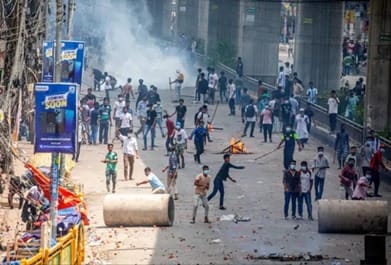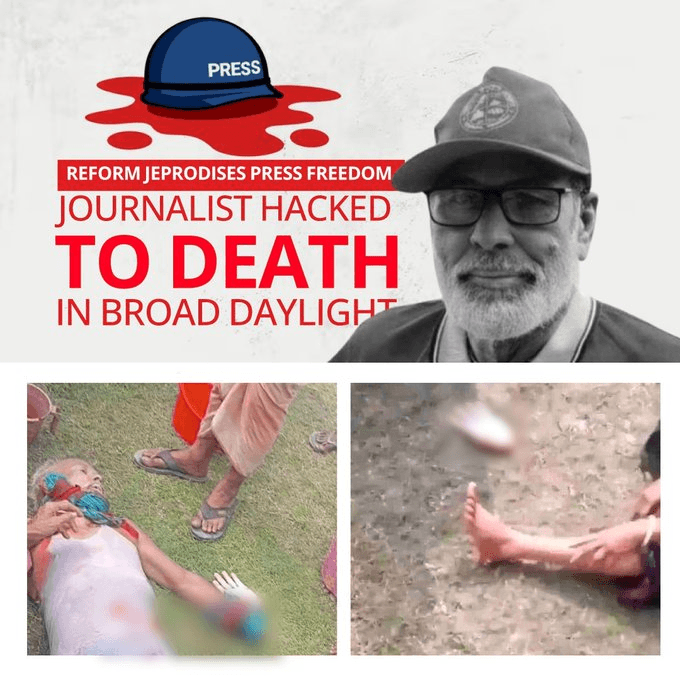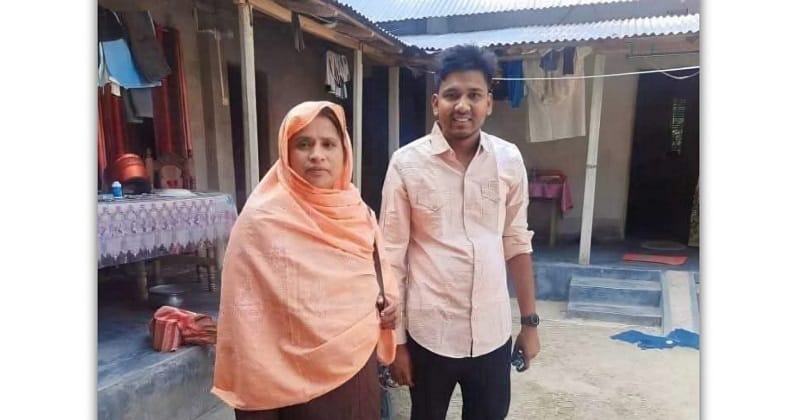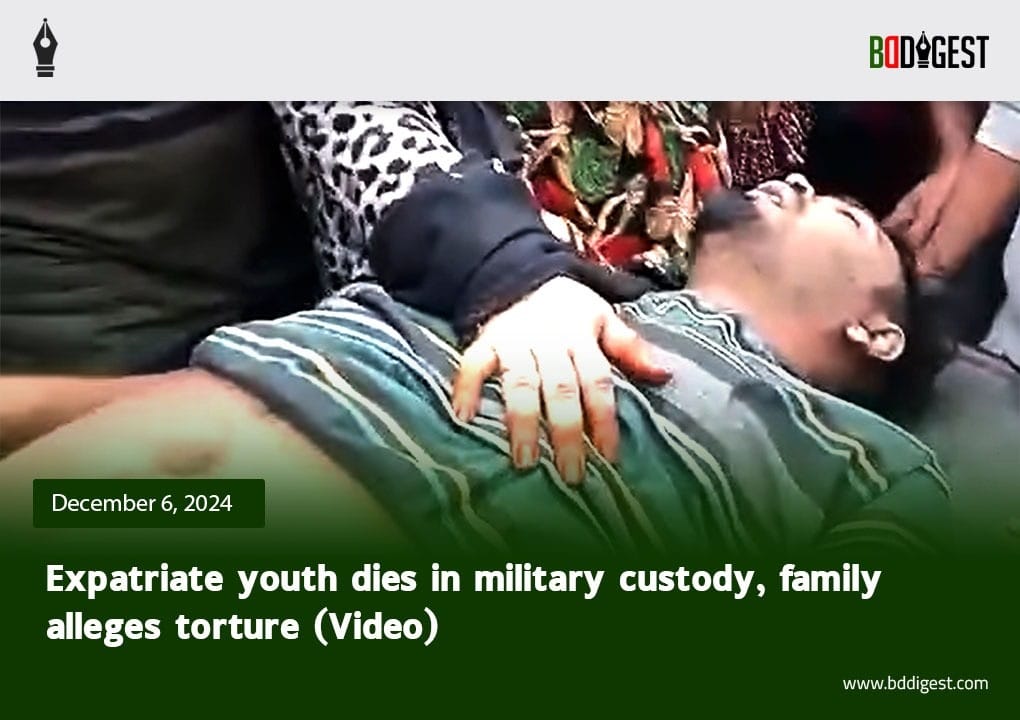On October 7, 2024, a leader of the Chittagong Chhatra League was subjected to brutal torture over a distance of 60 kilometers
October 7, 2024, was another day to mark a horrific episode in Bangladesh’s long history of political turmoil as a leader of the Chhattisgarh Chhatra League was driven 60 kilometers

October 7, 2024, was another day to mark a horrific episode in Bangladesh’s long history of political turmoil as a leader of the Chhattisgarh Chhatra League was driven 60 kilometers underground under inhumane torture. The incident raises pertinent questions regarding Bangladesh’s unbecoming brutal and unstable regime, where protests against politicians have now become a norm or retaliation through violent means has become commonplace. Amid protest vows, the distinction between dissidents and mere victims has blurred further. Bangladesh’s society remains fragmented, and human rights abuse continues unabated.
Bangladesh has been on tenterhooks for months with the wave of rising protests and opposition groups hurling at the government the challenge to relinquish its authority and demand new elections. The confrontation between the government forces and activists/own people has repeatedly taken a violent turn. Such an incident bears grim testimony to this volatile climate of violence that disregards human dignity, with political shootings running rampant.
At various stages, the spiralling violence is now facing the country’s law-enforcement forces; and on many occasions, they have been accused of using overbearingly forceful means to quell the protests. Torture, arbitrary arrests, and disappearance have become part of an integral pattern of dealing with political dissent. This episode, specifically referring to the torture of a Chhatra League leader, reflects a chilling breakdown of law and order in the service of violent retribution as a tool of intimidation. Such incidents raise some serious questions about human rights abuse in Bangladesh, a country once held up for its democratic aspirations.
The political protests of 2024 began as peace demonstrations but have gradually turned into massive protests. This followed economic instability, high unemployment levels, and allegations of electoral fraud. Students and opposites, in this protest, are blaming the government for being authoritarian. The government, on its part, has resorted to suppressing dissent, which makes for a climate of terror and violence.
Torture and ill-treatment of most protesting and political activists in detention have been reported by human rights organizations. Extrajudicial practices by Bangladesh’s security forces like the Rapid Action Battalion (RAB) and the police have only added to public mistrust in state institutions. The state-sponsored cruelty is further polarising the society, with violence giving birth to more violence.
A dark period the nation is entering into demands more accountability and transparency. International bodies including the United Nations and Amnesty International have cried against the government demanding to investigate this rapidly increasing violation of human rights. However, the government has remained relatively tight-lipped with government officials refuting charges of torture and false detention.
Now, the international community needs to be involved in Bangladesh’s crisis, demanding respect for all norms of democracy and protection for the rights of citizens. Without swift action, Bangladesh may move further into chaos where repression, torture, and violence in politics are institutionalized.
Bangladesh in 2024 is a country of tension-its future uncertain as the weight of brutality and political unrest continues to mount. Torture of Chittagong Chhatra League leader reminded everyone of the human cost of this conflict, a hope now far away from achieving peace and stability in this increasingly fragmented society.



